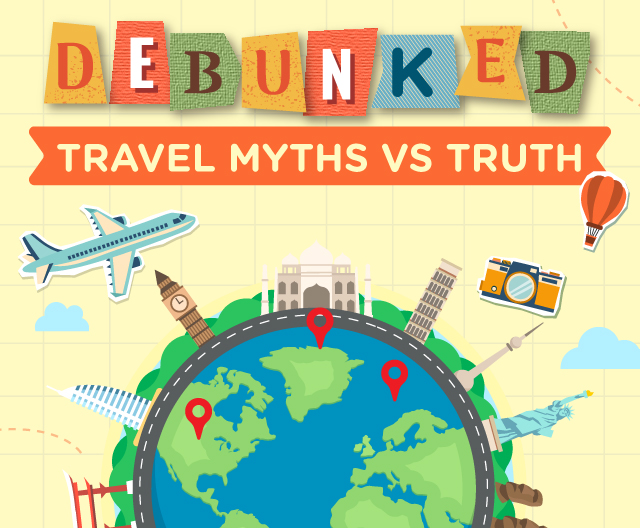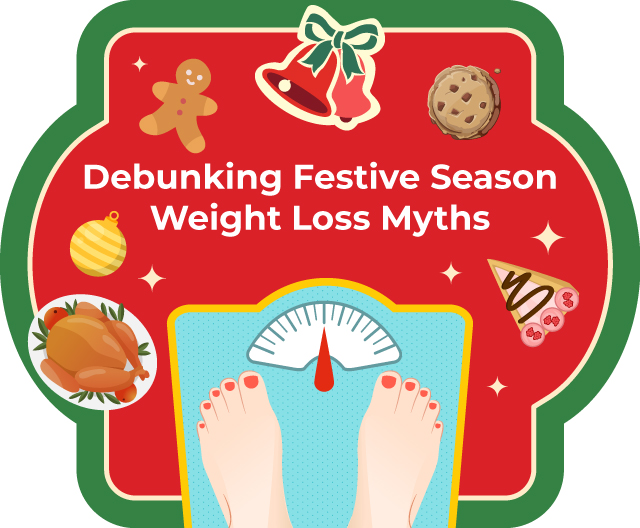Placenta
Placenta is a temporary organ that develops in the uterus during pregnancy. It connects fetus to uterine wall, allowing nutrients uptake, waste elimination and gas exchange, as well as production of hormones that are needed to support fetal development.
Eating of placenta (also known as 'placentophagy') has gained popularity worldwide, as it is believed that placenta provides several health benefits. Rich in growth factors, amino acids, antibodies and other nutrients, the placenta is able to stimulate cell renewal, promote wound healing, enhance energy and vitality. In comparison to other animals, horse placenta has a higher level of anti-aging amino acids, as well as being safer to consume.
Share
Stay Inspired with Health Trends

APRIL MID-MONTH SPECIALS
Double the value, double the joy on LAC's selected bestsellers! Promotion ends on 21st April 2025.

27 Nov 2024
Travel Myths Revealed: What You Need to Know
Let's tackle the biggest travel misconceptions, from jet lag cures to food safety.

25 Dec 2024
Fact vs. Myth: Weight Loss Strategies for the Festive Season
Uncover the truth behind common weight loss myths and discover some effective strategies to stay on track this festive season.

22 Aug 2024
Embrace Ageing
Here are some essential tips that can help us and our loved ones to age gracefully with good health.